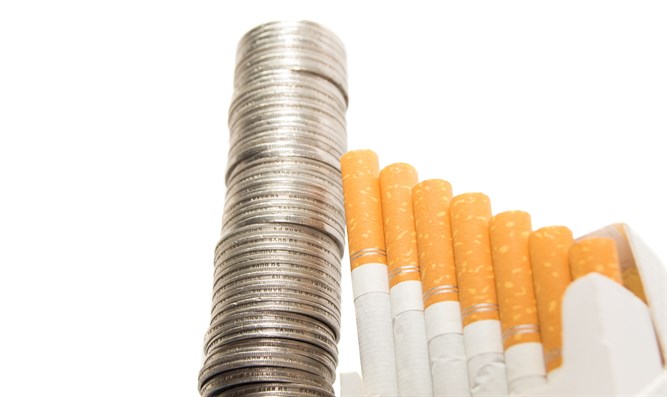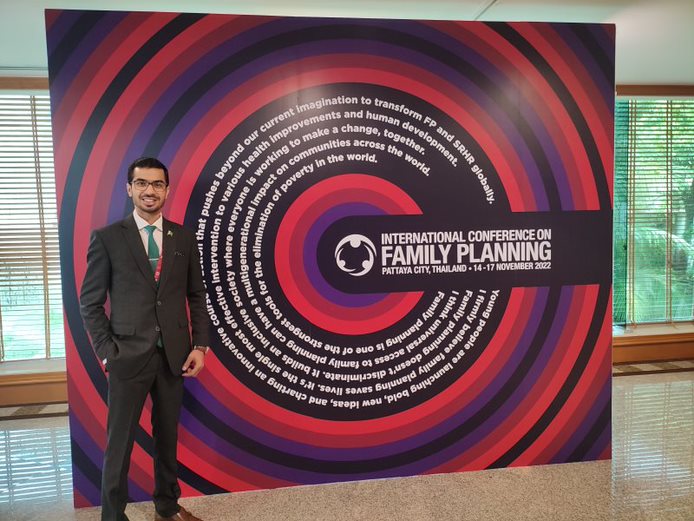By: Our Editor
ISLAMABAD: The government’s decision to increase tobacco taxes has received praise from health activists who gathered at an event organized by the Society for the Protection of the Rights of the Child (SPARC). The activists believe that this move will benefit Pakistan’s economy, provided that the government remains firm against the tobacco industry’s misinformation campaign.
According to Malik Imran, the Country Head of Campaign for Tobacco-Free Kids (CTFK), tobacco use is the leading cause of death in Pakistan, with over 170,000 people dying each year. This epidemic also imposes an annual economic burden of 615 billion, which accounts for 1.6% of Pakistan’s GDP. Despite claims that the tobacco industry is the biggest tax payer, the actual revenue generated from the industry is only 120 billion. On average, Pakistani smokers spend 10% of their monthly income on cigarettes. Imran believes that the increase in tobacco taxes will make cigarettes unaffordable for low-income citizens and children, thus saving them from its harmful effects.
Imran also believes that since the tobacco industry’s deadly products are draining people’s precious resources, it is only fair that the industry is made to pay for the damages it causes. Therefore, the tobacco industry has no grounds to play the victim card. Instead of listening to the misinformation spread by the tobacco industry, everyone should appreciate the government’s decision, which is in the best interest of Pakistan’s health and economy.
Dr. Ziauddin Islam, former Technical Head of the Tobacco Control Cell at the Ministry of Health, believes that increased prices are the most effective tool in keeping these harmful products out of reach for children and low-income groups. He thanked the Prime Minister for increasing the FED in February and emphasized that this good step should not be a one-time activity. In line with the World Health Organization’s recommendations, Pakistan should increase taxes at regular intervals to account for inflation and per capita income, thus protecting Pakistanis from the harmful effects of tobacco products.
Khalil Ahmed Dogar, Program Manager at SPARC, highlighted that the tobacco industry is targeting Pakistani children to recruit “replacement smokers.” Approximately 1,200 Pakistani children between the ages of 6-15 years start smoking every day, and the sale of cigarettes to minors and near educational institutions remains a constant concern in the country. Dogar emphasized that child rights should not be politicized, and anyone who takes a good step should be appreciated and supported. Increasing tobacco taxes is such a step, and all stakeholders should put their differences aside and unite to protect Pakistan’s children and youth from the harmful effects of tobacco.



